Call Us : +919146594099

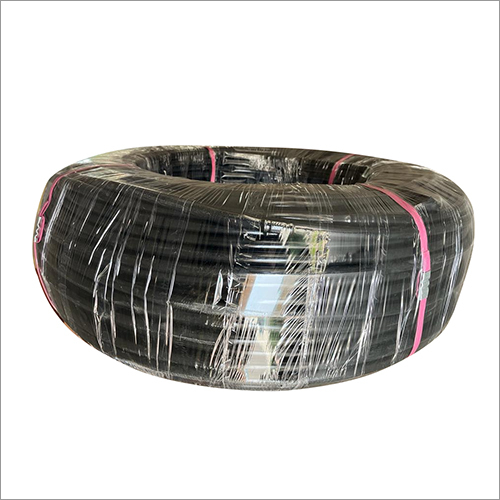
Agricultural Irrigation Pipes
3.00 - 6.00 INR/Meter
Product Details:
- Product Type Agricultural Irrigation Pipes
- Material Rubber
- Application Agriculture
- Click to view more
X
Agricultural Irrigation Pipe Price and Quantity
- 3.00 - 6.00 INR/Meter
- 100 Meter
Agricultural Irrigation Pipe Specifications
- Agriculture
- Rubber
- Agricultural Irrigation Pipes
Agricultural Irrigation Pipes Trade Information
- Cash Advance (CA)
- 10 Days
- All India
Product Description
Owing to rich market experience, we are providing a supreme range of Agricultural Irrigation Pipes. These are helpful for those farmers who need lesser amount of water. Therefore, provided pipes are helpful to lower the energy usage required for pumping this water. Theses pipes can withstand sudden pressure and stress with ease for years. They are easy to transport and cost effective in price. These pipes are used in large and small projects of indoor or outdoor water supply.
FAQ:
Q1: What are agricultural irrigation pipes used for?
A: Agricultural irrigation pipes are used to transport water from a water source (such as a well, reservoir, or water pump) to the fields or crops that need to be irrigated. They help distribute water efficiently to ensure proper hydration and growth of plants.
Q2: What types of materials are agricultural irrigation pipes made from?
A: Agricultural irrigation pipes are commonly made from materials like PVC (polyvinyl chloride), HDPE (high-density polyethylene), aluminum, and even flexible materials like layflat hoses. The choice of material depends on factors such as the type of crop, water pressure, soil conditions, and durability requirements.
Q3: How do I choose the right size of irrigation pipes for my farm?
A: The size of irrigation pipes depends on factors such as water flow rate, pressure, and the layout of your fields. Consulting with irrigation experts or using online calculators can help determine the appropriate pipe diameter for your specific needs.
Q4: What is the difference between drip irrigation and traditional sprinkler systems in terms of pipe usage?
A: Drip irrigation systems use smaller pipes to deliver water directly to the base of plants, minimizing water wastage. Traditional sprinkler systems, on the other hand, require larger pipes to distribute water over a wider area through overhead sprinklers.
Q5: How should I maintain my agricultural irrigation pipes?
A: Regular maintenance includes checking for leaks, clogs, or damage, and repairing or replacing any faulty sections. Flushing the pipes to remove sediment or debris is also important. Proper winterization to prevent freezing and cracking is crucial in colder climates.
Q6: Can agricultural irrigation pipes be reused?
A: Yes, irrigation pipes can often be reused if they are well-maintained and not significantly damaged. Proper storage after use and regular inspection will extend their lifespan.
Q7: Are there eco-friendly options for agricultural irrigation pipes?
A: Yes, some eco-friendly options include using recycled materials for pipe manufacturing or opting for more water-efficient irrigation methods like drip or micro-sprinkler systems to reduce water consumption.
Q8: What are the benefits of using flexible layflat hoses in irrigation?
A: Layflat hoses are lightweight, easy to store, and can be quickly deployed and retrieved. They are suitable for temporary irrigation setups and are especially useful in areas with changing topography.
Q9: How deep should I bury my irrigation pipes?
A: The depth at which you bury your irrigation pipes depends on factors such as frost depth, soil type, and the type of crops you're irrigating. It's generally recommended to bury pipes at a depth of 12 to 18 inches to protect them from damage.
Q10: Can I automate the water distribution through irrigation pipes?
A: Yes, you can automate irrigation systems using controllers, sensors, and valves. These technologies allow you to schedule and regulate water distribution based on factors like time of day, weather conditions, and soil moisture levels.
Enter Buying Requirement Details



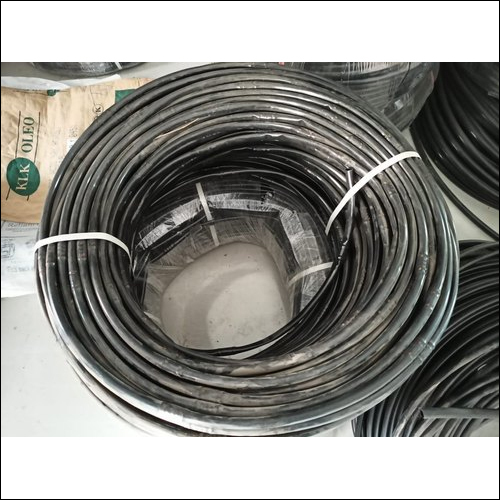
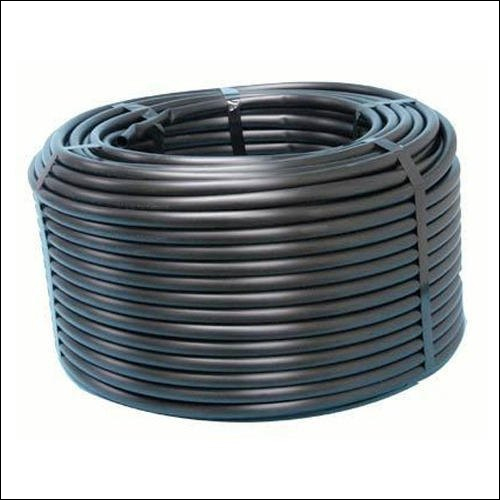
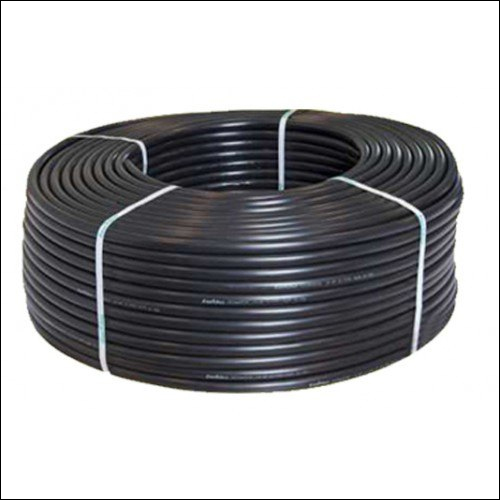
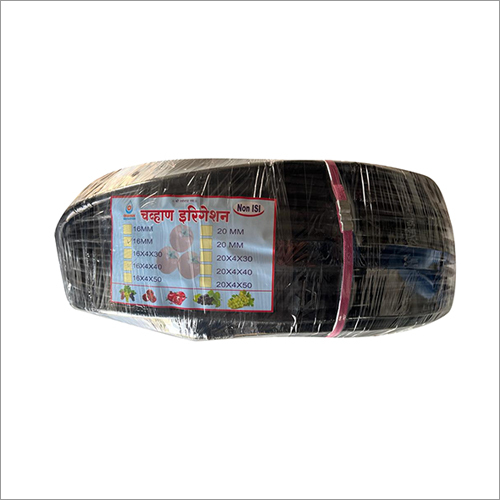
 Call Me Free
Call Me Free